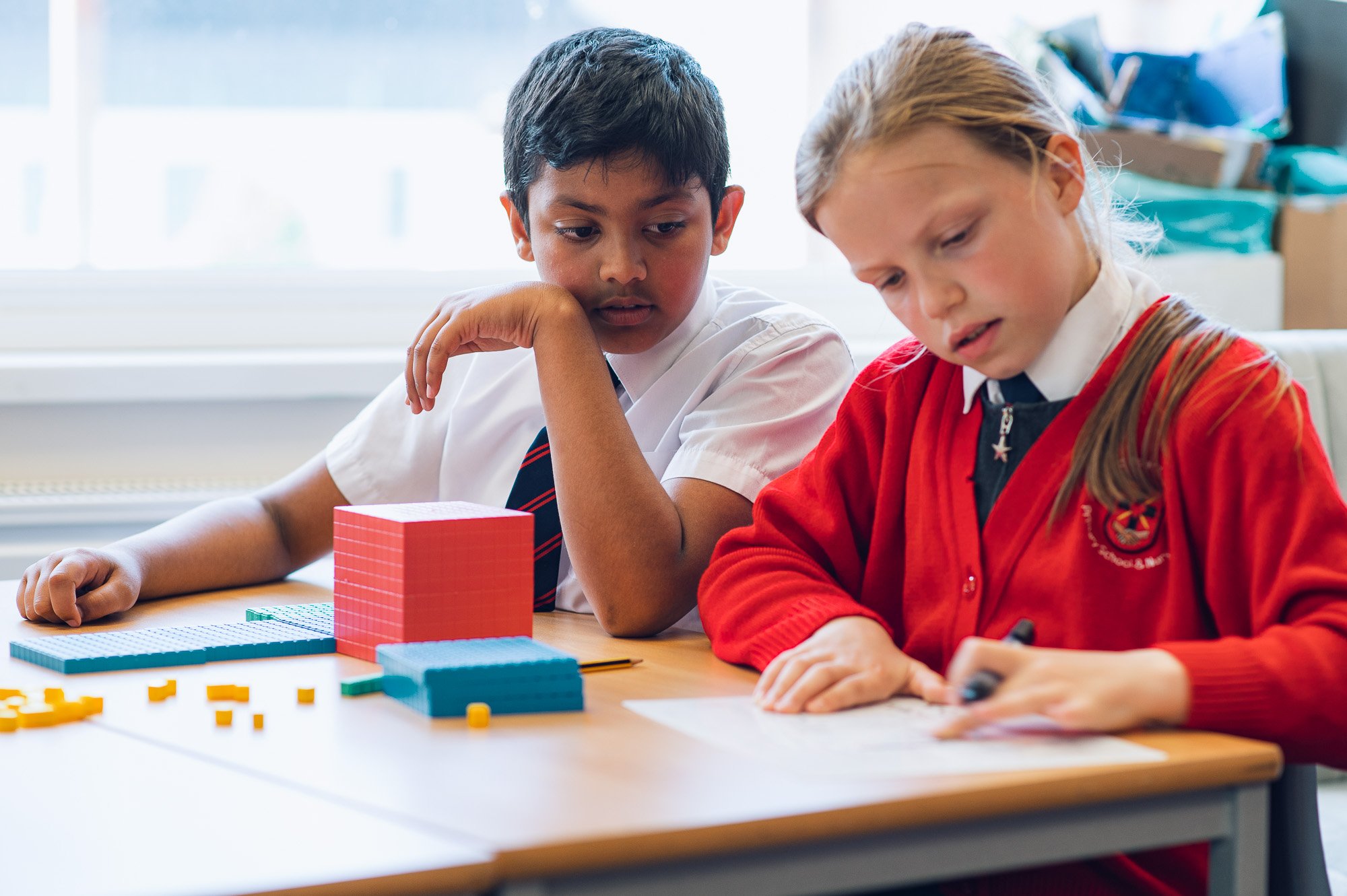
Pupil Performance and Attainment
Comparative Data
At the end of each Key Stage, children undertake tests and assessment tasks to support judgements against a national standard or expectation. These results are used to inform teachers of the strengths and areas for development for your child as they move into the next Key Stage.
At the end of the Early Years Foundation Stage (Reception year when they are 5 years old) the EYFS Profile is completed. During May/June children in Year 1 will complete the phonics screening test and may sit in Year 2.
At the end of KS1 (Year 2 when they are 7 years old) children will be assessed by their class teacher and this assessment will be supported by the children completing the optional end of key stage 1 (KS1) national curriculum tests for the academic year 2023 to 2024. A judgement is then made by their class teacher based on the test results and other in class work undertaken through the year. At the end of KS2 (Year 6 when they are 11 years old), children sit SATs papers in May. These are externally marked and results are shared with parents in July.
Early Years foundation stage - good level of development
The EYFS Profile is broken down into seven specific areas of learning:
Communication and language
Physical development
Personal, social and emotional development (PSE)
Literacy
Mathematics
Understanding the world
Expressive arts and design
Within each of these areas, there are specific Early Learning Goals – for example, in the case of Communication and language, these are Listening and attention, Understanding, and Speaking. Each child is given an achievement level for each area of learning.
On leaving the Foundation Stage at the end of Reception, a child is considered to have a ‘good level of development’ if they have achieved at least the expected level in the Early Learning Goals in all aspects of PSE, Physical development, Communication and language, Literacy and Mathematics.
Year 1 Phonics Screening Check
The phonics screening check is a short, simple test taken by Year 1 children in England each June to assess their reading ability. Children are required to read 40 words - some of which will be nonsense words. The test enables parents (and teachers) to ensure that children are on track with their word reading by the end of Year 1. Children who cannot successfully read 32 of the words will be given extra support and will be given another opportunity to attempt the test at the end of Year 2.
Year 4 – Times Tables Check
This is a Times Table Check – an externally set, timed exam that is sat by Year 4 using a keyboard and computer.
KS1 SATS
Following the Government’s response to the 2017 consultation on primary assessment, on 20 July 2022, DfE announced that assessments at the end of KS1 would become non-statutory from the academic year 2023 to 2024.
The reception baseline assessment (RBA) will replace the end of KS1 assessments as the baseline for cohort level primary progress measures.
The aim of the optional assessments is to give schools access to National test papers to support in the measurement of pupil achievement and to help identify where their pupils need additional support as they transition into key stage 2 (KS2). The tests can also be used to inform teacher assessment judgements using the optional teacher assessment frameworks.
KS2 SATS
These are external tests that Year 6 children sit during the month of May to assess Reading, GAPS and Maths. Some schools are chosen to sit Science tests. These are all externally marked. Writing is teacher assessed.
For ratified data for 2024 please see below for further detailed information from the Department for Education on performance at Sacred Heart Catholic Primary School & Nursery: